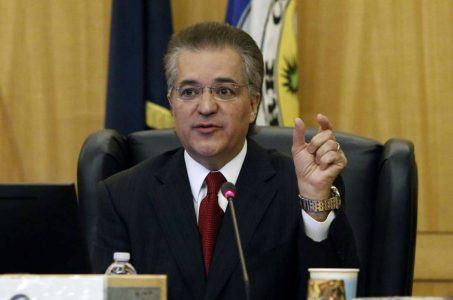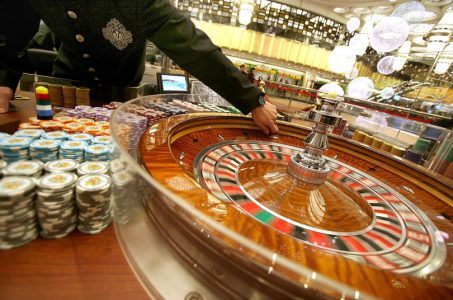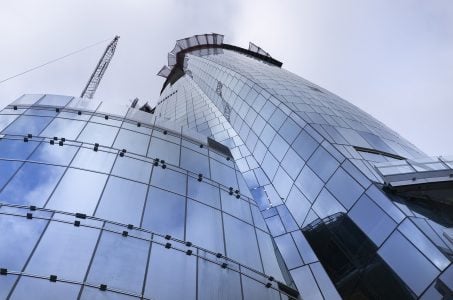Mystery Deepens Over Ownership of London’s Embattled Park Lane Club
Posted on: November 29, 2020, 02:53h.
Last updated on: November 29, 2020, 04:16h.
The identity of the owner of one of London’s swankiest casinos remains a mystery, thanks to an obscure British regulation that guarantees anonymity for business owners who are “at serious risk of violence or intimidation.”

The high-end Park Lane Club, based in the London Hilton in London’s affluent Mayfair district, had its licensed revoked at the beginning of November.
Many assumed this was because owner Silverbond Enterprises was controlled by Latvian businessman Vasilijis Melniks. He has been accused of embezzling and laundering €54 million ($64 million USD) from Ukraine’s state-owned energy company.
Who Owns the Park Lane Club?
But a spokesperson for the casino told The Evening Standard this week that Melniks had quietly sold his stake in Silverbond in 2018. This was just after a Ukrainian Court froze the businessman’s assets in the Crimea, which triggered a review of the company’s casino license by the UK Gambling Commission (UKGC).
“Following the sale of the company in 2018, Mr Melniks is no longer a shareholder nor a director of the company, so we are unable to comment on his affairs,” said the Park Lane Club’s compliance director, Debbie Dunn.
Dunn confirmed that Silverbond is contesting the license revocation and that the casino can continue trading during the appeals process — although it is currently closed, along with all non-essential retail in England, because of the coronavirus pandemic.
She was unable to shed any light on the identity of the new owner, but said Silverbond was “currently going through a protracted corporate change of control process,” and further comment could prejudice the ongoing legal process.
The owner’s identity is protected under Section 790ZG of the UK’s Companies Act, which restricts the public disclosure of directors’ personal information if the nature of their business could put them at risk. It’s designed to protect directors that could be exposed to retribution from activists, such as those active in the defense industry, for example, or whose companies practice vivisection.
It’s unclear why a casino owner would need to be protected in this way.
‘Staggering and Ludicrous’
In fact, former gambling regulator Graham White told the Standard it was “ludicrous” that someone could be granted anonymity in an industry where the risks of money laundering are so high.
“It seems incredible that the ownership of casinos in this country can be a secret. I find it quite staggering, frankly,” he said.
“And we need to know fuller details about why the license was revoked. What due diligence did the [UKGC] do on the past owner and what on the present owner?”
The UKGC pulled the Park Lane Club license because it was “not satisfied that it would have granted the operating license to the Licensee had the new controller been a controller of the company when the application for the operating license was made.”
The regulator added it could not be satisfied as to the “source of funds used to acquire and support the license at the time of the change of corporate control, or to whom future profits of the licensee would be paid.”
Related News Articles
Most Popular
VEGAS MYTHS BUSTED: Golden Gate is the Oldest Casino in Vegas
Las Vegas Overstated F1 Race’s Vegas Impact — Report
Most Commented
-
End of the Line for Las Vegas Monorail
— April 5, 2024 — 90 Comments -
Mega Millions Reportedly Mulling Substantial Ticket Price Increase
— April 16, 2024 — 6 Comments
















No comments yet